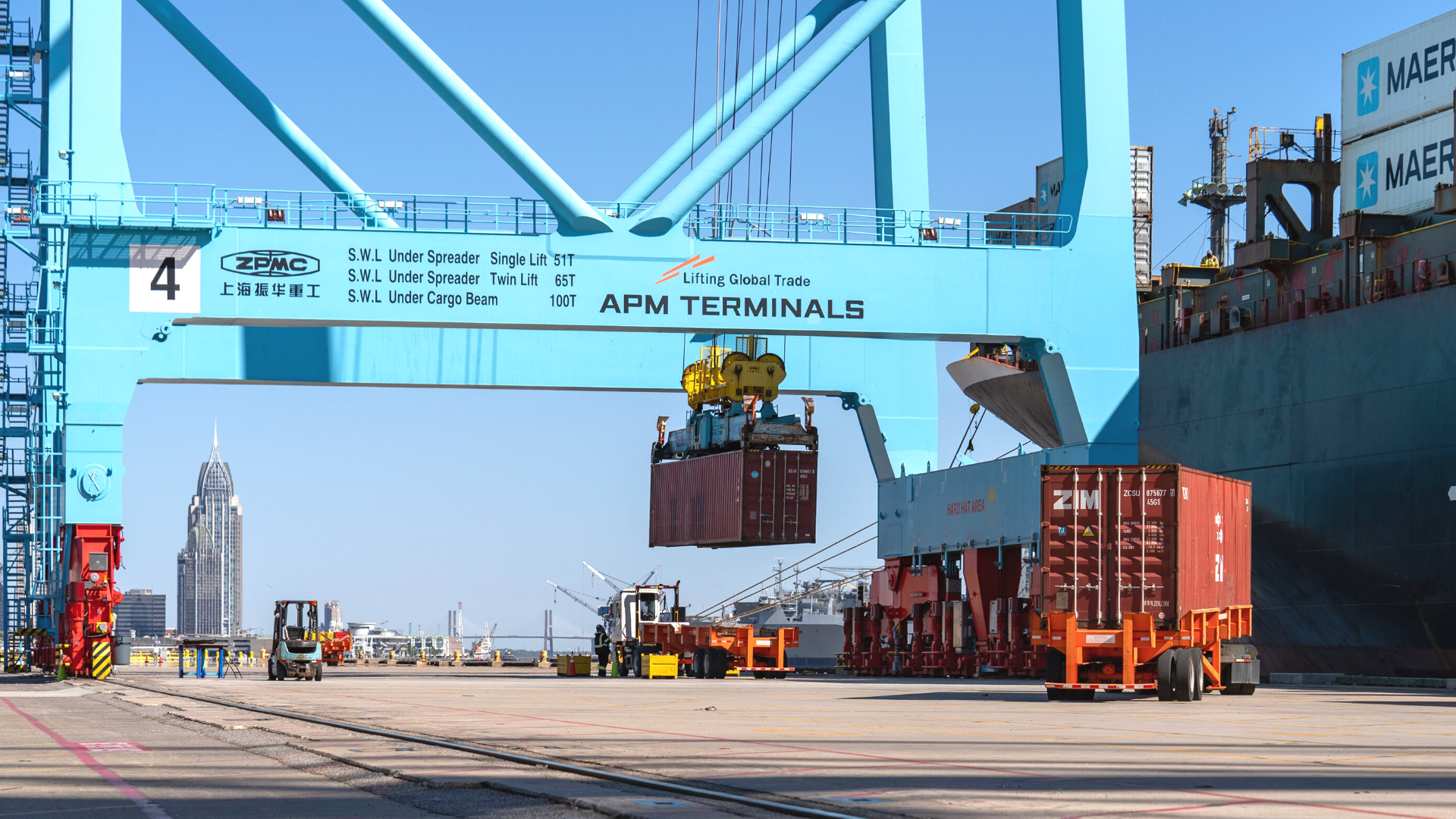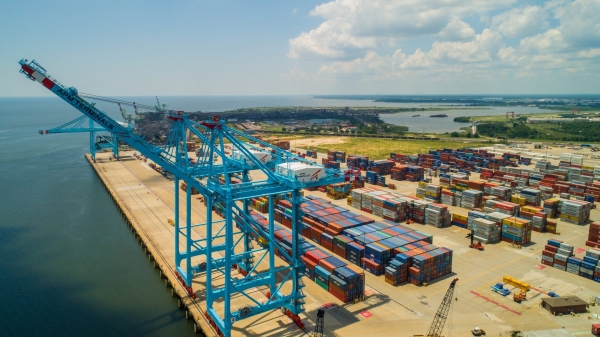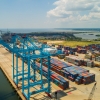|
Getting your Trinity Audio player ready...
|
The Alabama Port Authority today announced record container shipping numbers for the 2022 calendar year, with 563,191 twenty-foot equivalent container units (TEUs) handled.
These numbers reflect the ninth year the Port of Mobile posted double-digit growth since 2009. With 563,191 TEUs moved in 2022, total container volumes were 11 percent over 2021. Intermodal rail volumes continued a 31-month record of triple-digit growth, ending the year at 142 percent over 2021.
Additionally, the container terminal handled a record 312 vessels, an increase of 75 vessels from 2021.
“Time and again, we are showing that shipping through Mobile is an efficient and cost-effective way for businesses to get their goods into or out of the United States,” said Port Authority Director and CEO John C. Driscoll. “These numbers reflect shippers’ confidence in Alabama’s Port, and Mobile has consistently offered supply chain stability.”
“With proven fluidity, the Port of Mobile continues to attract new routes, creating more direct services from the Far East to Mobile and enhancing our gateway’s connection to growing global markets,” said Chief Commercial Officer Beth Branch.
The Port Authority will expand its capabilities to one million TEUs upon completing the Phase IV expansion at the container terminal. In addition to the terminal expansion and the harbor deepening and widening project, the Alabama Port Authority plans to develop logistics facilities in Mobile and open a new inland intermodal facility served by CSX in Montgomery, Ala. These projects are set to begin operation in 2025 and will provide new advantages and opportunities for shippers.
Other planned investments include constructing a fly-over bridge to create on-dock rail access at the container terminal, modernizing general cargo piers, and developing an inland intermodal facility in North Alabama. These projects are funded through federal budget appropriations and grants championed by former Senator Richard Shelby.
A recent economic impact report, which does not include this year of record numbers or upcoming investments, showed that the Port of Mobile is responsible for $85 billion in annual economic impact and generates 312,896 jobs across the State of Alabama.
The Port of Mobile is strategically located in the northern Gulf of Mexico with access to an international airport and two interstate systems, I-65 running north/south and I-10 running east/west. The intermodal container transfer facility (ICTF), which will be an on-dock facility by 2025, provides access to five Class I and four short-line railroads. From the ICTF in Mobile, containers can reach Chicago in three days.
The Alabama Port Authority serves all 67 counties in the state of Alabama and oversees the deep-water public port facilities at the Port of Mobile. In addition to interstate, air, and rail, the Port Authority’s container, general cargo, and bulk facilities have immediate access to nearly 15,000 miles of inland waterways. Once the channel deepening and widening project is completed, the Port of Mobile will be the deepest container terminal in the Gulf of Mexico.
Click here for a photo of the ICTF and Container Terminal.

















































